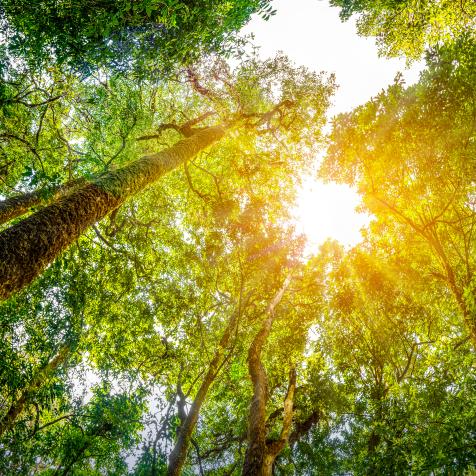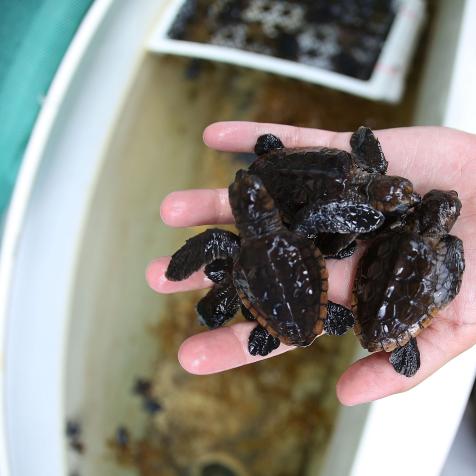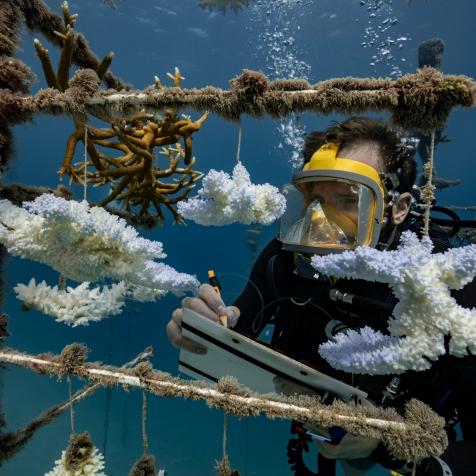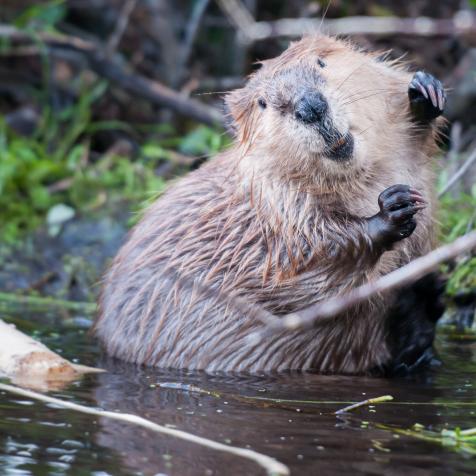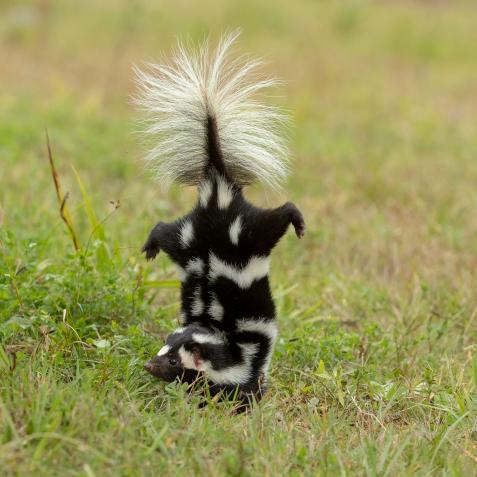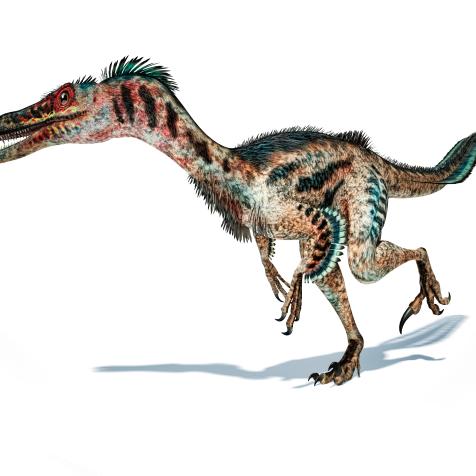
James O'Neil
Is Summer Taking Over All Seasons?
A recent study found that the summer season is at risk of lasting too long and the other seasons potentially doomed with declining duration. At first, you might be excited about this news. However, let's talk through what it means.
Last month, a study was published that examined climate change’s direct effects on Earth’s seasons. Scientists found a correlation between climate change and the temperature and duration of the summer season. If left unaccounted for, summers in the Northern Hemisphere could last nearly six months by the year 2100 if global warming continues in its tracks, according to the study. With the seasons off-balance, it will further domino with detrimental effects for human health and agriculture.
Yuping Guan, a physical oceanographer at the State Key Laboratory of Tropical Oceanography at the Chinese Academy of Sciences, explained, “This is the biological clock for every living thing.” He and his colleagues combined daily climate data from 1952–2011 to get a sense of the start and end of each season in the Northern Hemisphere.
Over a nearly 60-year period, they discovered that summers grew, on average 78 to 95 days long, while winters on average shortened from 76–73 days. The spring and autumn seasons also reduced, according to NBC News. Guan and his team utilized the findings from the data to create a model to hypothesize how the seasons can possibly alter in the future. They found that if left untouched summers in the Northern Hemisphere could last nearly six months, while winters could deplete to less than two months, NBC News reported.
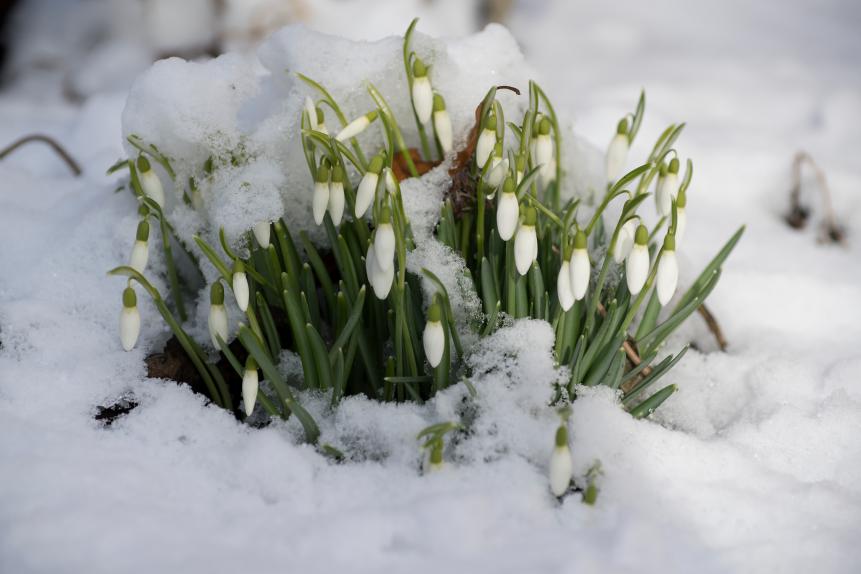
Dzianis Davydau
If Earth’s seasons continue to shift, it brings adverse risk among human health and agriculture. Longer and hotter summers, for example, can unleash mosquitoes and other disease-carrying insects to potentially “expand” their scope and land in places they’re usually not found. NBC explains, “Because seasons dictate the life cycles of plants and animals, climate change could disrupt species’ ability to adapt." Scott Sheridan, a climate scientist not involved in the study, also added, “If seasons start changing, everything isn't going to change perfectly in sync. If we take an example of flowers coming out of the ground, those flowers could come out, but bees aren't there to pollinate yet or they're already past their peak." With negative effects like these, human health and agriculture face hardships moving forward.
Scientists are still studying how exactly climate change will deter Earth’s seasons due to the impacts on food production. It’s important to note that climate change affects not only where crops are grown and when but how well they survive, NBC News adds. A major concern, flagged by Weston Anderson, a postdoctoral researcher at the International Research Institute for Climate and Society at Columbia University, is how warming temperatures will affect the timing of development of crops. Specifically, he added how quickly the crops mature and from that result, how much crop yields are affected.
This study further demonstrates how harsh climate change is on humans, plants and animals, reminding us how much we are all connected within the environment we share.









